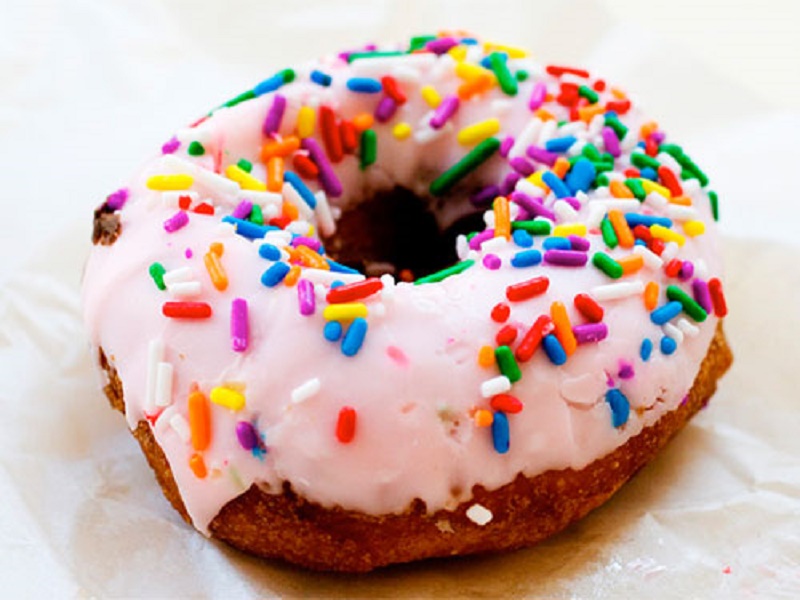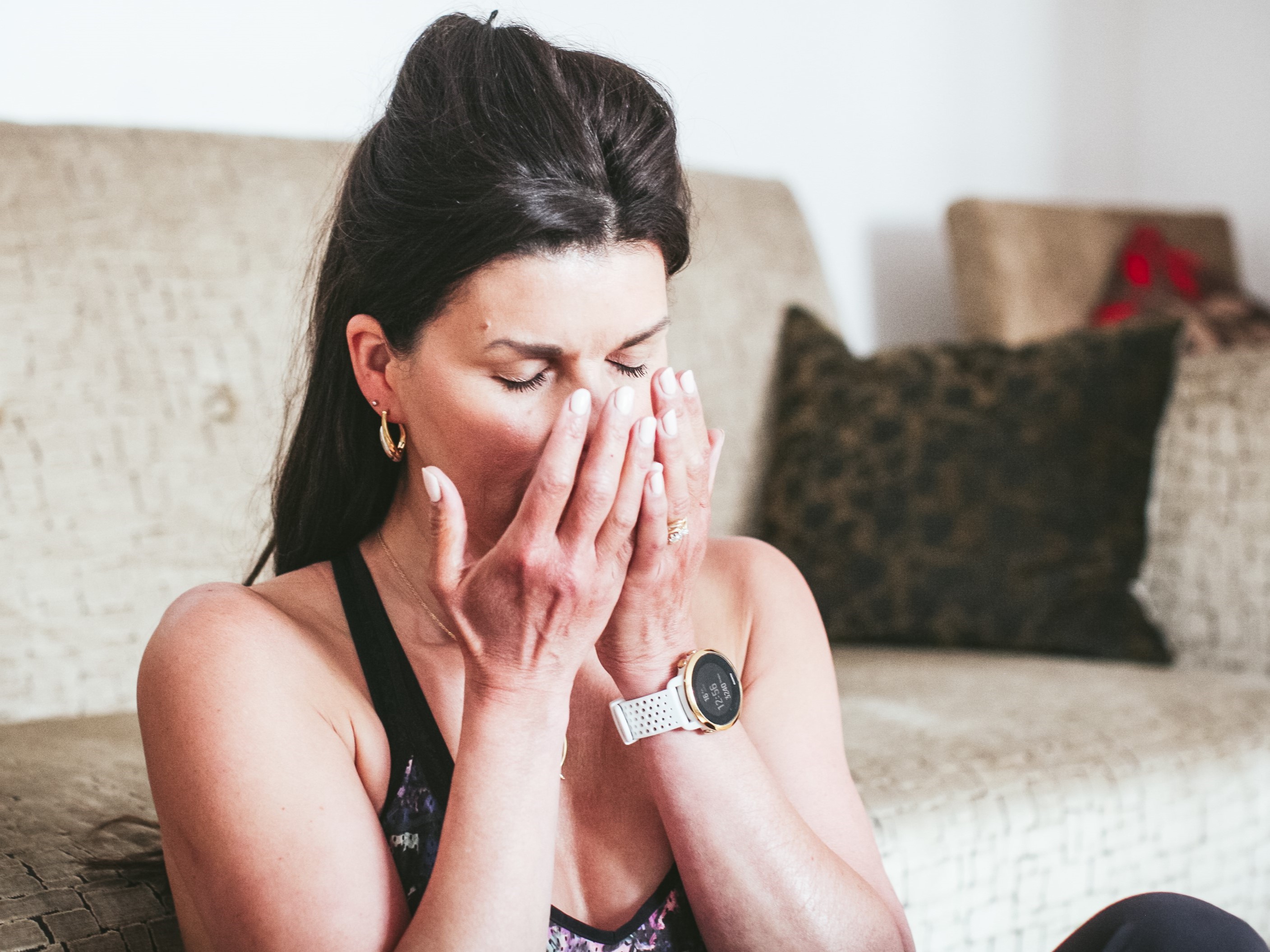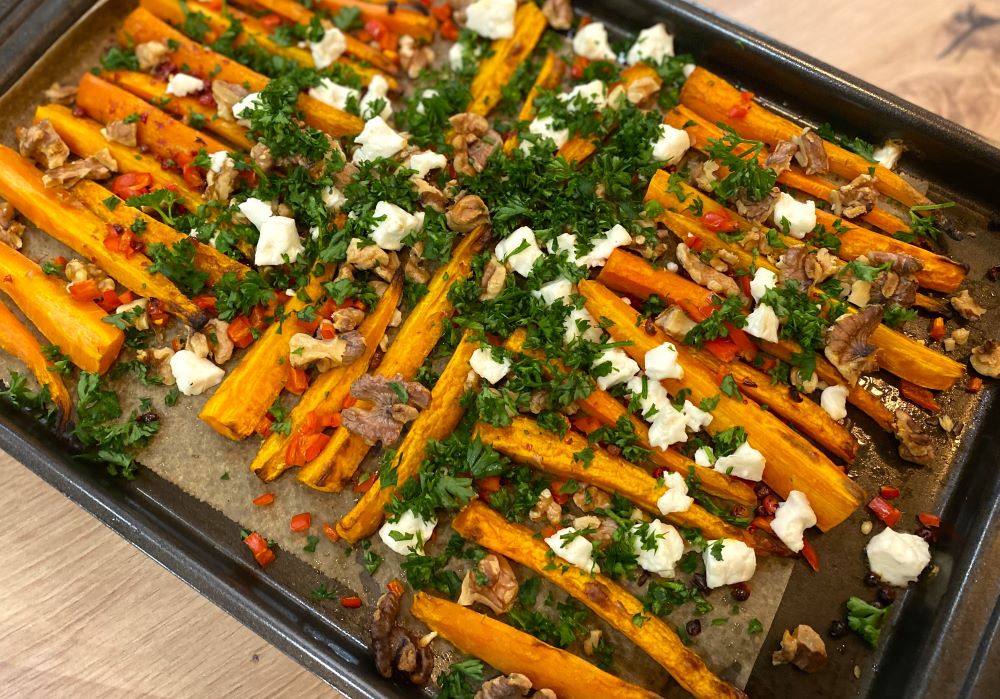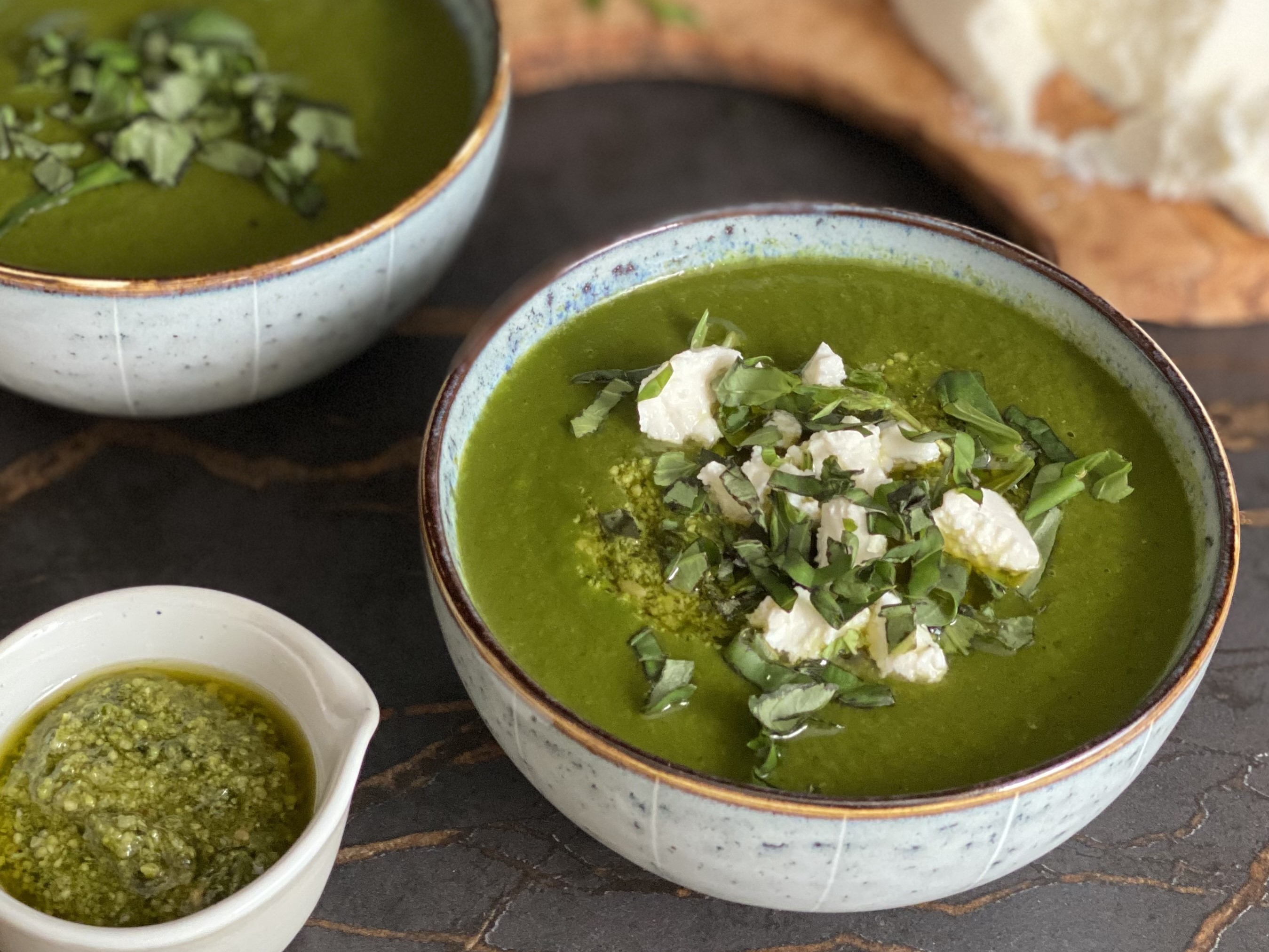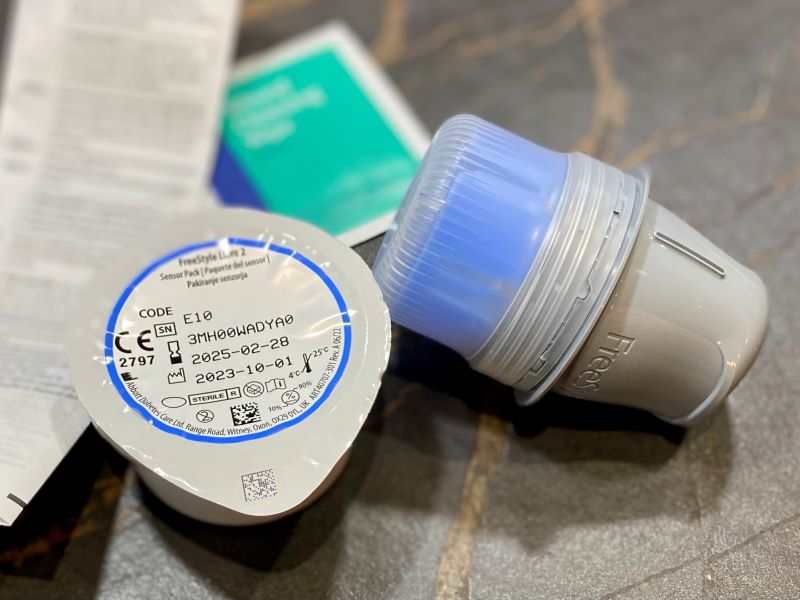Blood sugar is a readily available source of energy, but levels need to be kept stable for both optimum physical and mental performance. Most of us recognise the signs of low blood sugar; a thumping head, constant yawning and feeling extremely irritable. Plus, when our blood sugar drops too low, we often experience intense cravings for something sweet – a sort of built-in safety mechanism to ensure blood sugar levels are topped up quickly. But this can lead to a vicious cycle, with the body continuously oscillating between too much and too little blood sugar. Left unchecked, unstable blood sugar will not only lead to weight gain but also to insulin resistance, type 2 diabetes and other hormone imbalances. So what can you do to help stabilise your blood sugar and banish sugar cravings for ever?
Ditch Sweet Foods
When sugar cravings strike, eating sugary foods such as sweets, chocolate and cakes can make you feel better for a while but will trigger a cycle of “peaks and troughs” in your blood sugar, leaving you feeling worse than before. This is because simple sugars enter the blood stream very quickly, causing blood glucose concentrations to surge. Any food or drink which raises blood glucose levels will stimulate an outpouring of the glucose-regulating hormone, insulin. Insulin promotes the conversion of glucose to glycogen and increases the uptake of this glycogen by our muscles and liver, thereby lowering blood sugar levels. If there is still too much glucose then it will be stored as fat. Sadly the body is so efficient at packaging up excess sugar, that blood sugar levels can quickly drop too low again, leaving you desperate for more sweet foods!
Avoid Skipping Meals
In modern working life having no time for lunch is often a perfectly valid excuse. However, if breakfast is regularly a “non-event” and lunch a “skinny latte” on the go, then by the time you’ve fitted in an evening exercise class and got home, blood sugar will have hit “rock bottom”. By this stage you’ll be feeling ravenous and at risk of overeating. Leaving such long gaps between meals and back-end loading calories into one meal will cause massive disruption to blood sugar levels. Furthermore, the muscles and liver have a finite storage capacity so even if you are “running on empty” before you eat, a heavy meal is likely to exceed storage capacity and the excess sugar in the blood will be converted to fat! So eating a large meal that contains lots of carbohydrate late in the evening, is also increasing your risk of weight gain. Instead it is best to spread your meals through the day, eating breakfast, lunch and dinner. If you really struggle to eat lunch then make sure you eat a healthy snack both late morning and mid to late afternoon.
Cut Down on Stimulants
Tea, coffee and caffeinated soft drinks can all disrupt blood sugar as they increase production of cortisol, an adrenal hormone that helps the body respond to stress; Cortisol mobilises sugar stored in the liver to increase levels of circulating glucose. This has the same effect as eating high-sugar foods; the body will respond by pouring out insulin, so that the sugar is quickly “re-packaged” causing blood sugar levels to plummet again! Not only will this lead to immediate sugar craving but the drop in blood sugar will trigger an outpouring of more cortisol creating a truly vicious cycle and, what’s worse, one that is likely to cause your waistline to expand.
Choose Complex Carbohydrates
Complex carbohydrates enter the bloodstream more slowly than sugary foods because they have to be broken down into simple glucose molecules first. Many people have become quite fearful of carbohydrates and diets that “ban” carbs after six mean that more and more people are avoiding carbs at dinner. However, carbohydrate is an essential macro-nutrient required for energy and also to promote relaxation and sleep, so it is a definitely a good idea to eat some carbohydrate in the evening. Choosing starchy vegetables and eating them alongside some healthy fats and protein is the best way to keep blood sugar stable. Good choices include sweet potato, brassicas, peas and beans. Legumes, quinoa and nuts also make excellent choices as they already contain protein; nuts are full of healthy fats too! Gluten grains have been linked to increased cortisol production so it is best to avoid these but you could choose gluten free options such as millet or buckwheat. If you find yourself eating really late then a bowl of vegetable soup or some steamed vegetables with a dollop of hummus might be all you need to keep you going to the next morning.
Include Protein-Rich Foods in Every Meal
Eating protein with every meal helps to slow the rate at which sugar from carbohydrates enters the blood stream. If you eat animal protein then choose high-quality and organic poultry, fish and organ meats. Good additions to a plant-based diet include seeds, nuts, peas, beans, tahini, nutritional yeast and spirulina. Healthy fats from avocado, nut butters, coconut and olive oil will also slow the rise in blood sugar at meal times.
Avoid Evening Snacking
Many people find themselves snacking in the evening, even if they’ve eaten a balanced meal. Often this snacking has got nothing to do with hunger and is more likely to be emotional eating with reasons including, boredom, anxiety and loneliness. Identifying what is really behind your snacking is the best way to curb this habit and help you avoid unconscious evening grazing. Snacking and over-eating late into the evening can lead to a drop in blood sugar in the middle of the night leaving you restless and hot as your heart rate rises. If you don’t end up heading for the kitchen in the middle of the night you risk starting the next day feeling desperate for sugar! Getting an early night may be the best way of avoiding snack attacks whilst also helping you avoid sugar cravings the following day.
By keeping blood sugar levels stable throughout the day and night your physiological stress levels will reduce and this will help to maintain the natural diurnal cortisol rhythm so stress-driven sugar snacking should become a thing of the past too!


